Normal Reading Worksheets Activities With Answers for Ages 4-8
14 filtered results
-
From - To
Welcome to our comprehensive collection of Normal Reading Worksheets Activities designed for children aged 4-8! These carefully crafted worksheets provide engaging reading exercises that enhance literacy skills while making learning fun. Each activity is aligned with developmental milestones, focusing on vocabulary, comprehension, and fluency. Additionally, our answer keys are included for seamless assessment, allowing parents and teachers to track progress effortlessly. Perfect for homeschooling or classroom settings, these reading worksheets foster a love for reading and help young learners build confidence. Explore our diverse range of activities today, tailored to ignite curiosity and boost reading abilities in early learners!
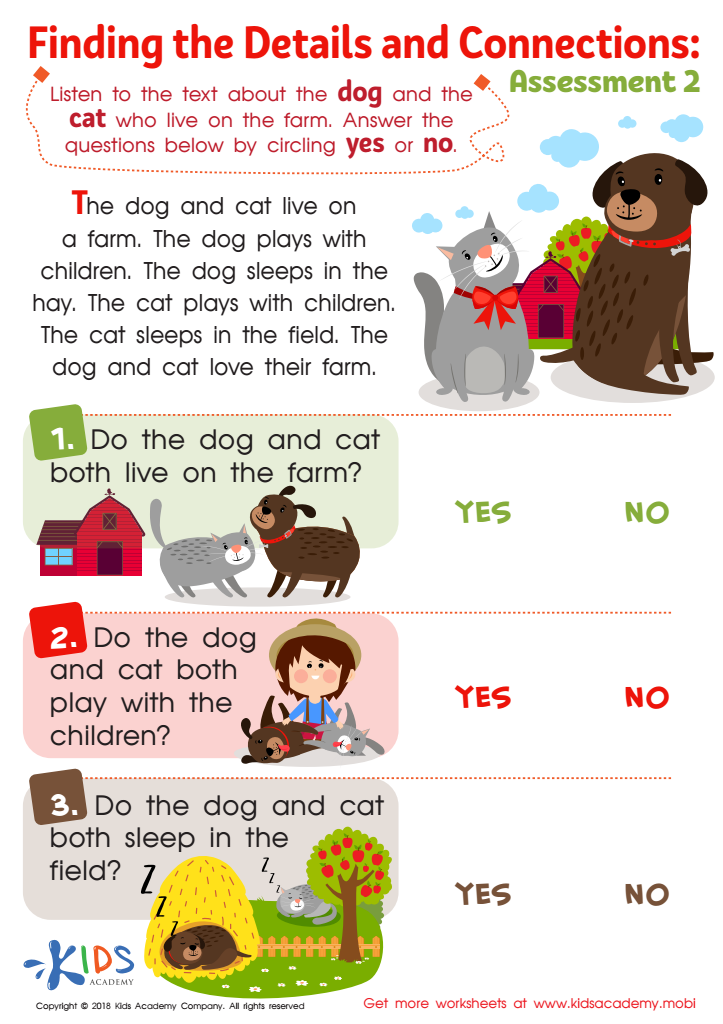

Finding the Details and Connections: Assessment 2 Worksheet
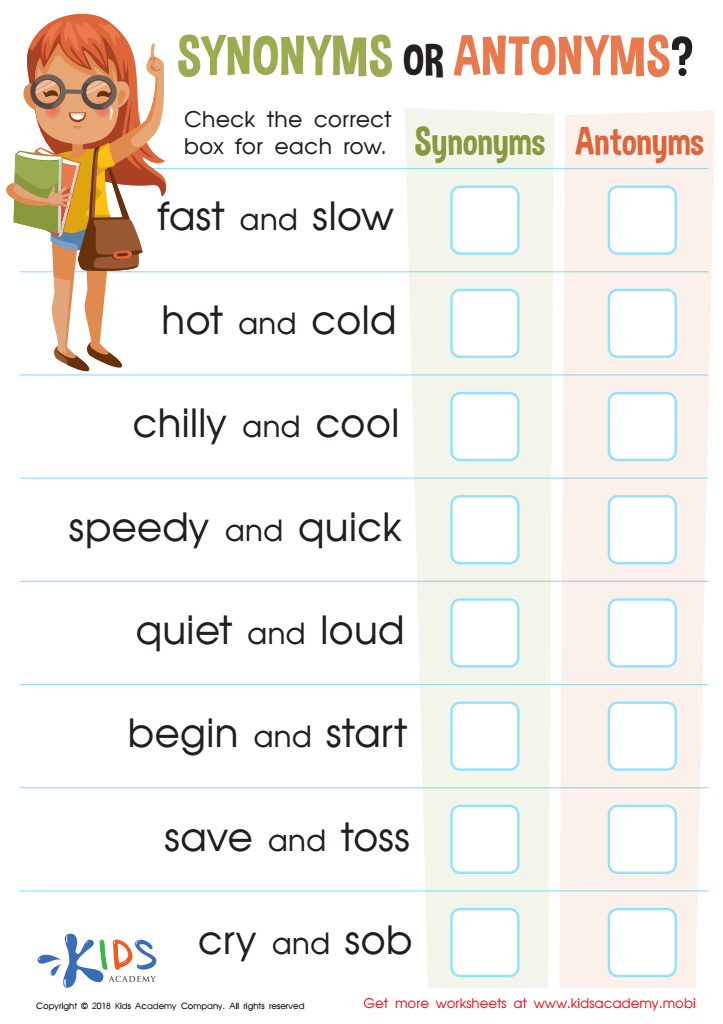

Synonyms or Antonyms: Assessment Worksheet
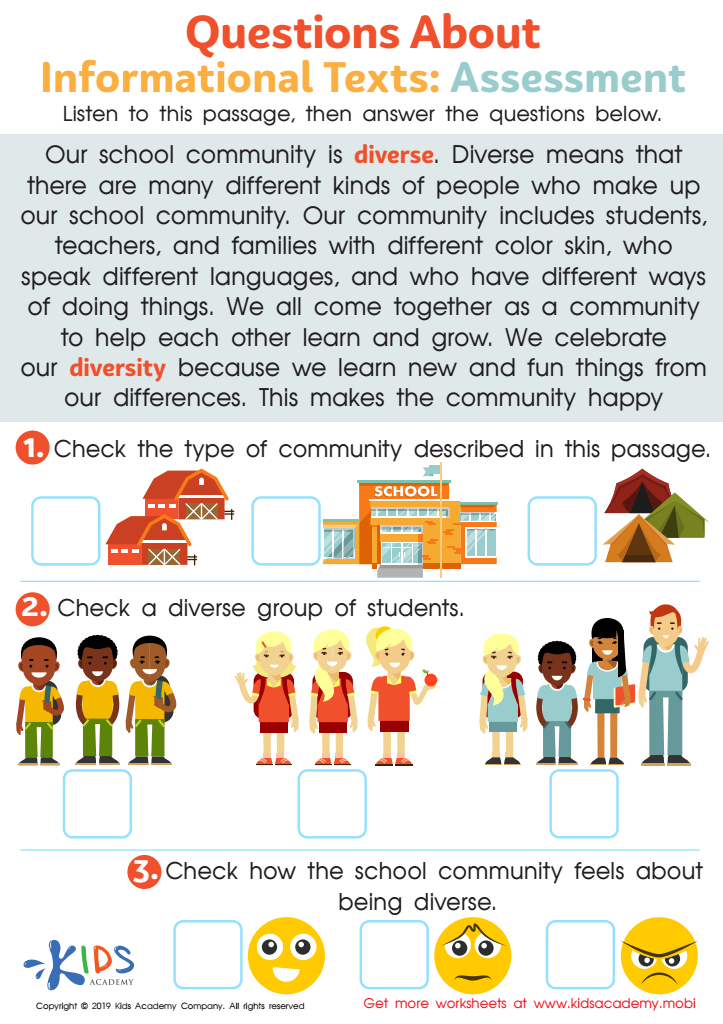

Questions About Informational Texts: Assessment 1 Worksheet
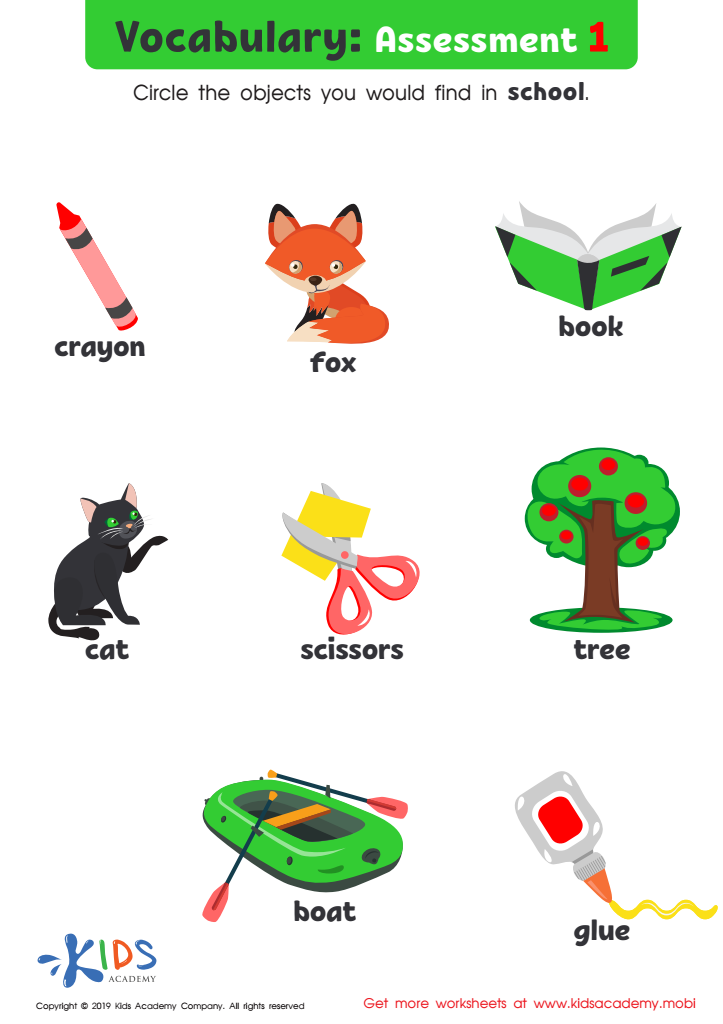

Vocabulary: Assessment 1 Worksheet
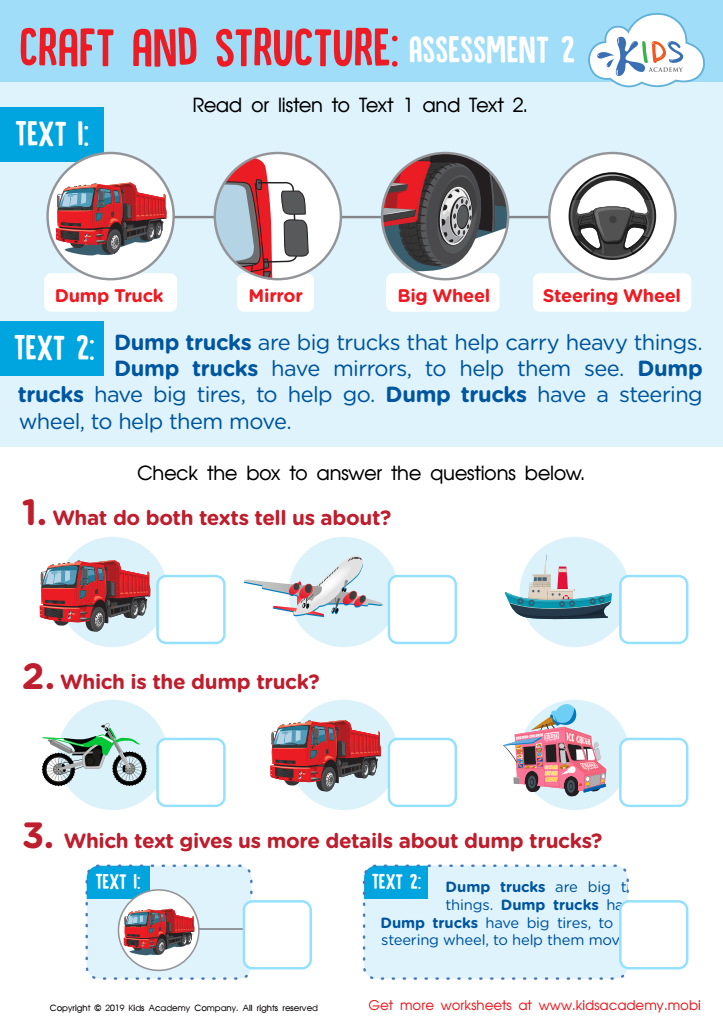

Craft and Structure: Assessment 2 Worksheet
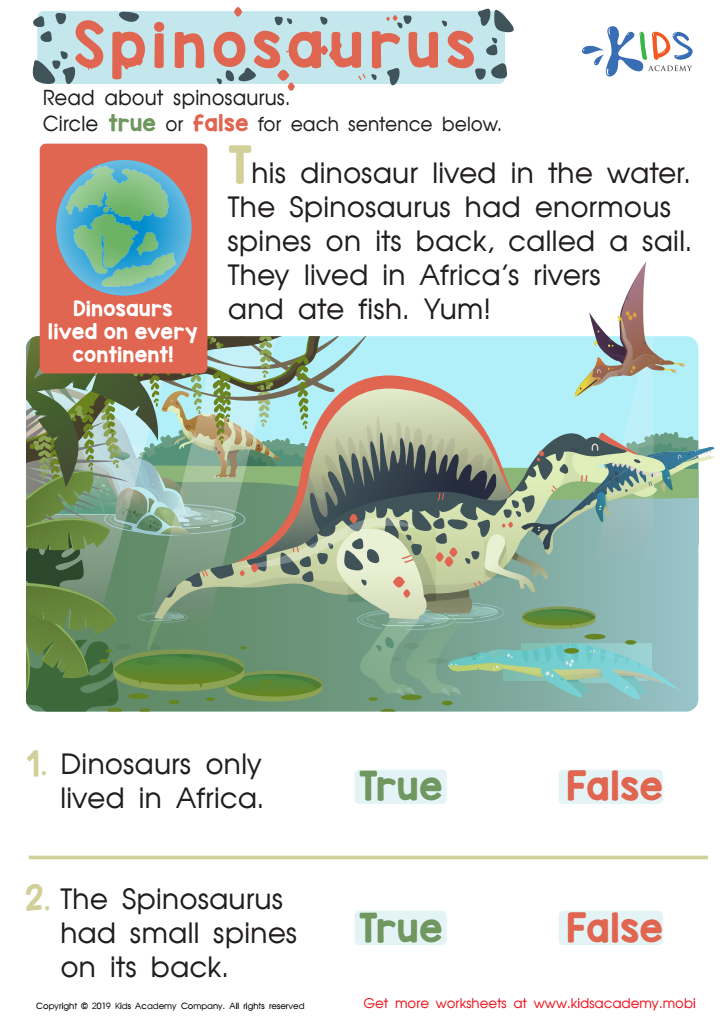

Spinosaurus Assessment Worksheet
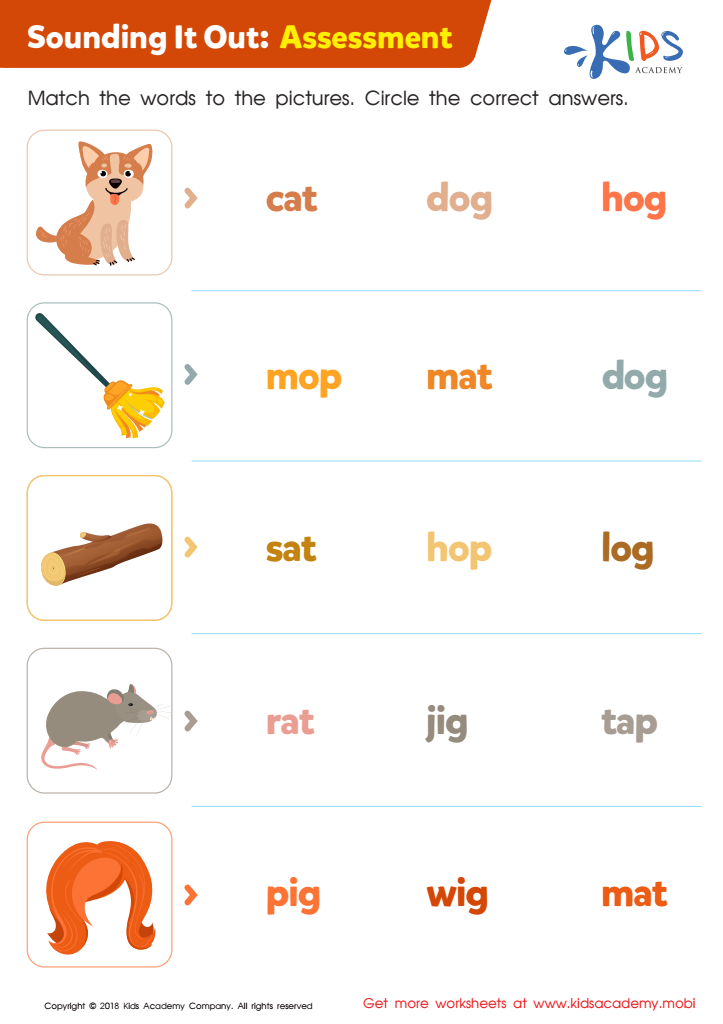

Sounding it Out: Assessment Worksheet
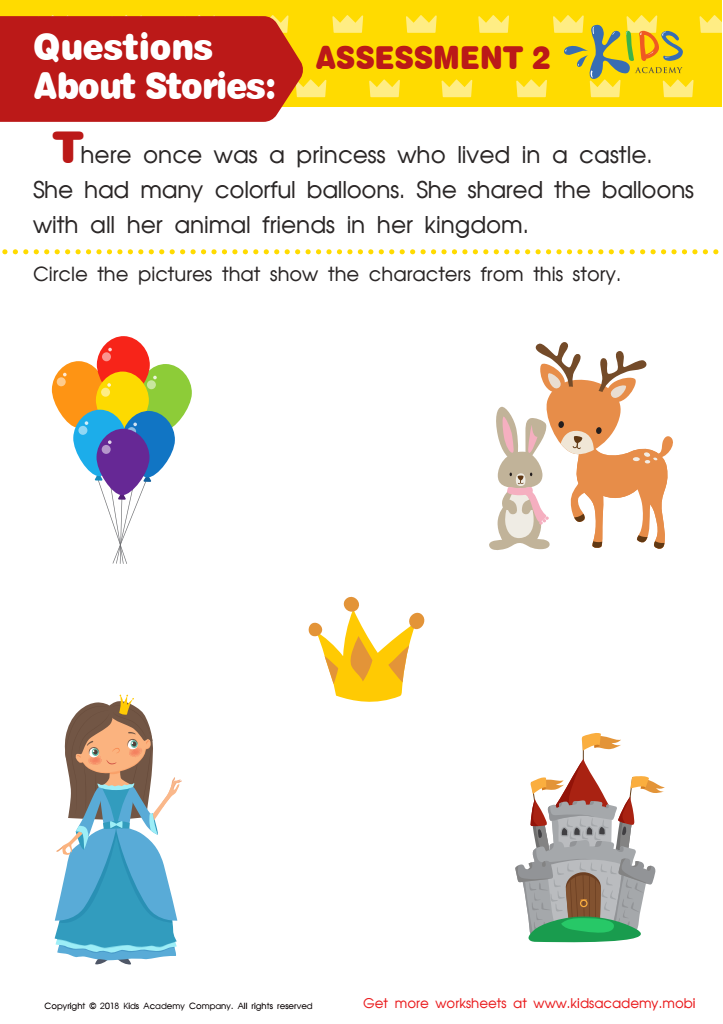

Questions About Stories: Assessment 2 Worksheet
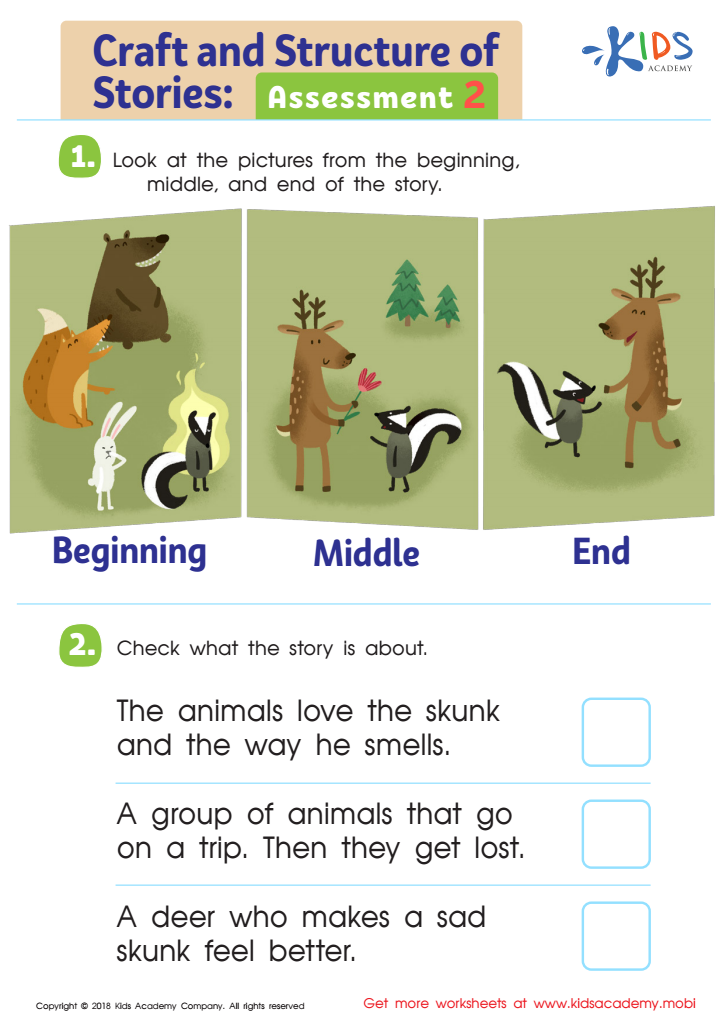

Craft and Structure of Stories: Assessment 2 Worksheet
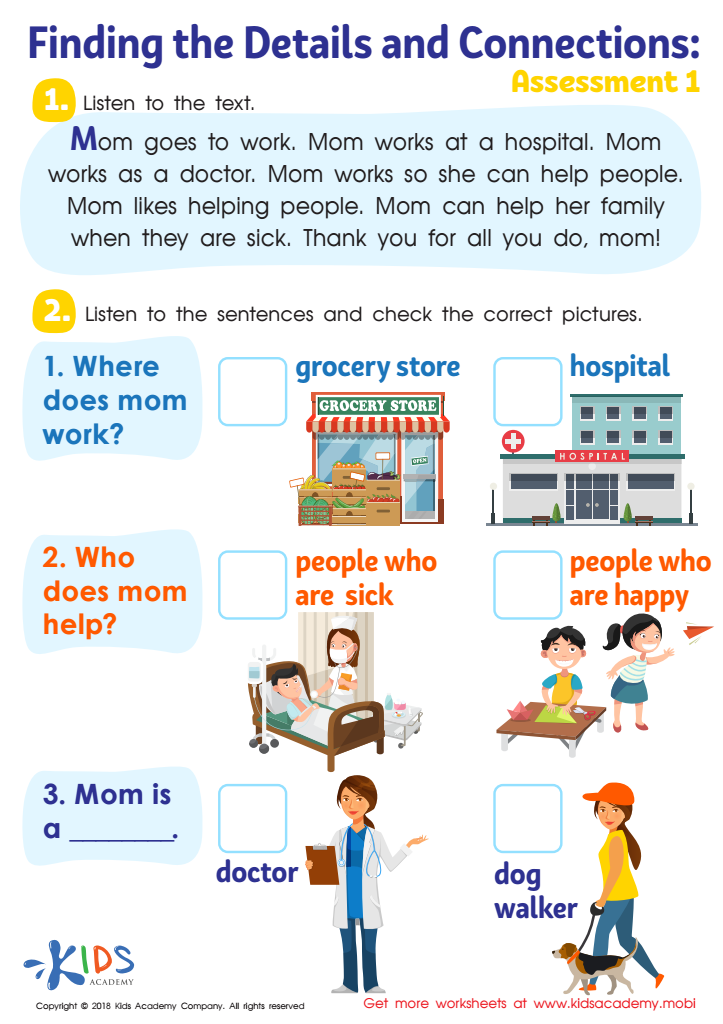

Finding the Details and Connections: Assessment 1 Worksheet
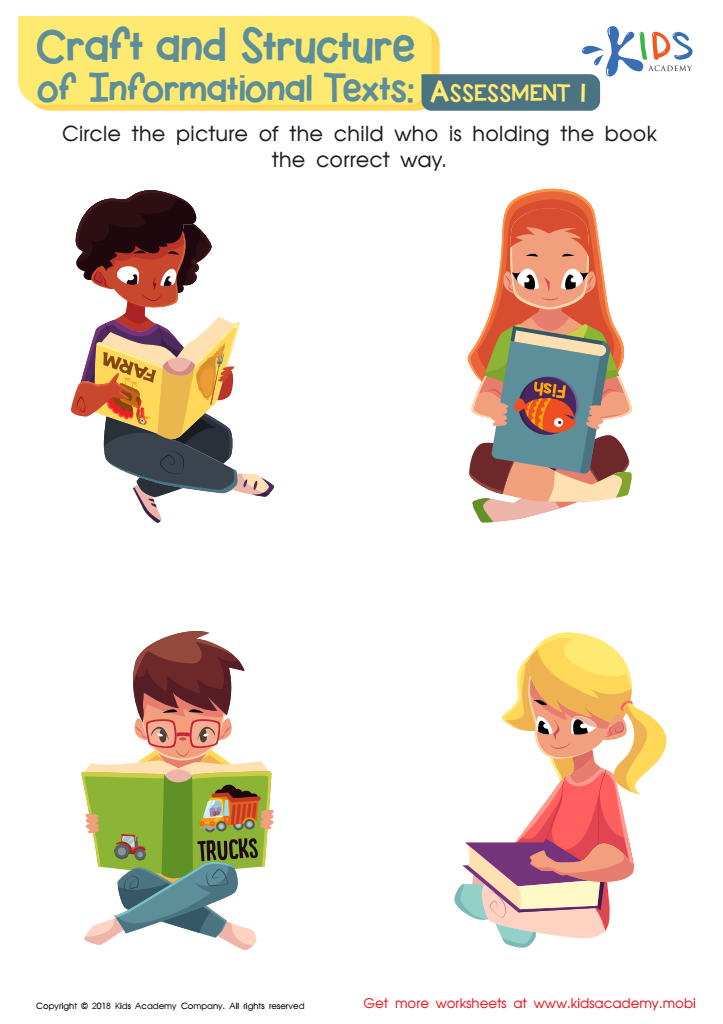

Craft and Structure of Informational Texts: Assessment 1 Worksheet
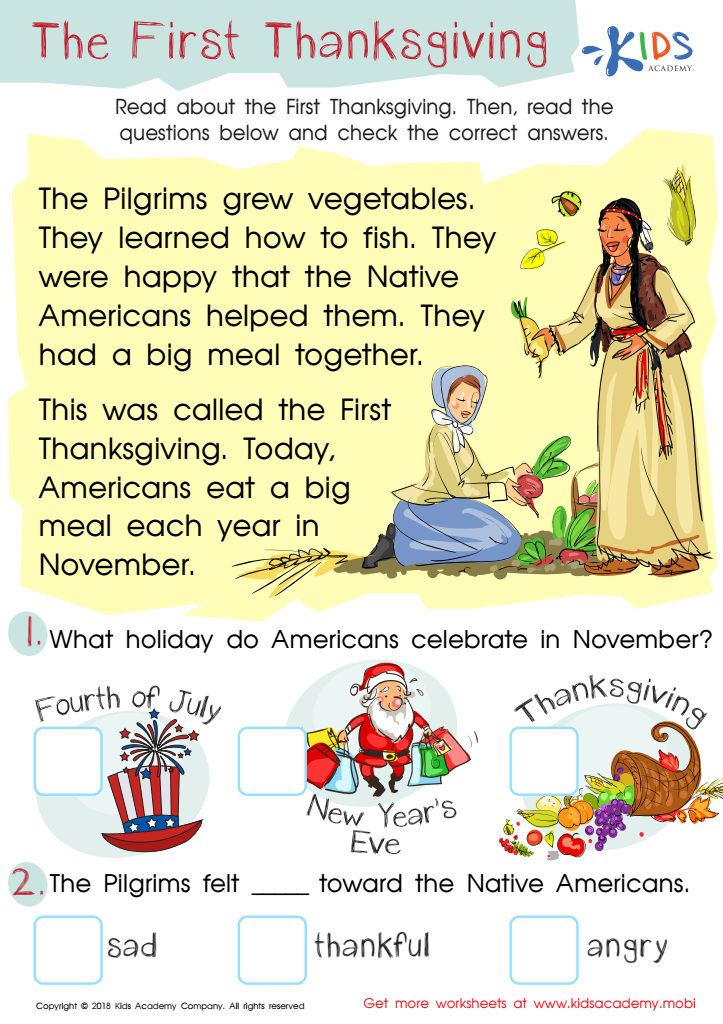

Assessment: First Thanksgiving Worksheet
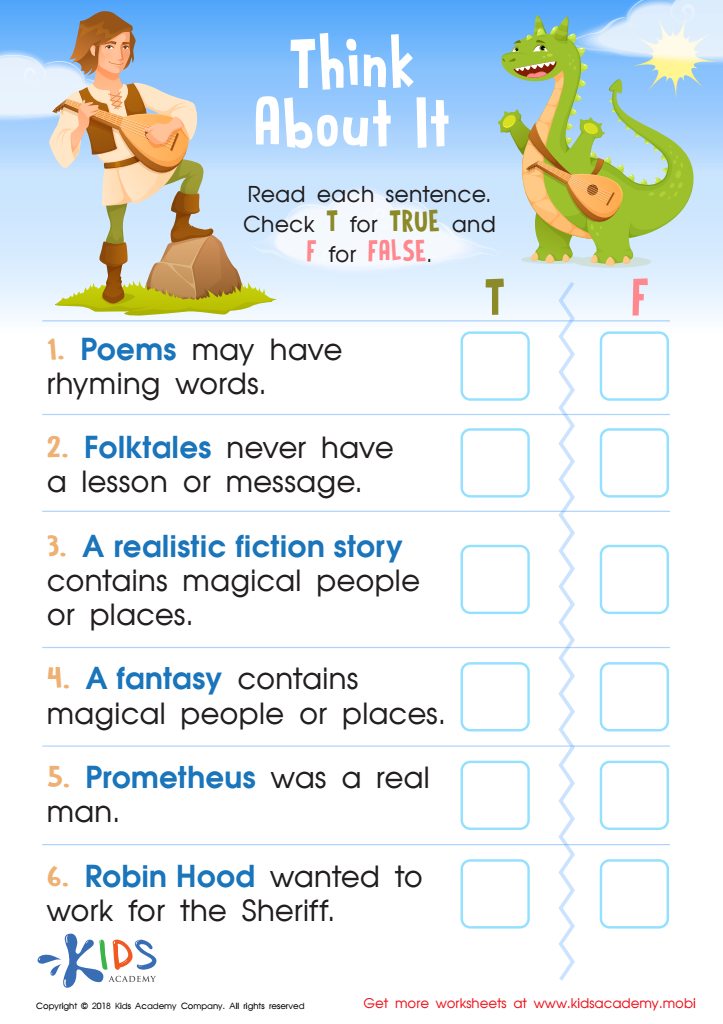

Think About It: Assessment Worksheet
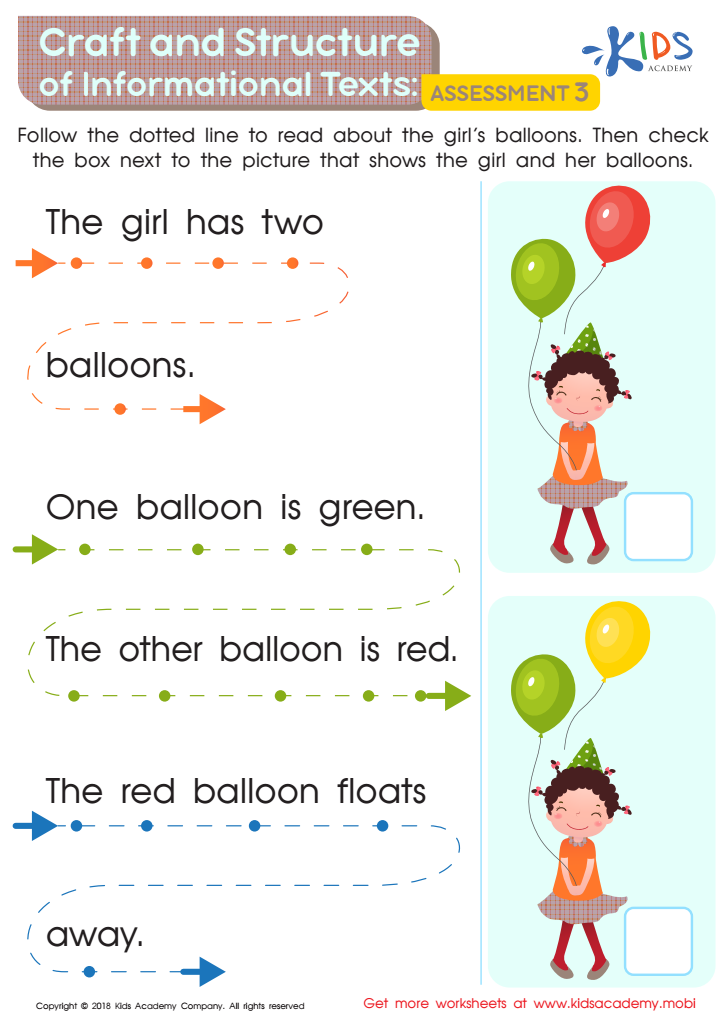

Craft and Structure of Informational Texts: Assessment 3 Worksheet
Parents and teachers should prioritize normal reading activities for children aged 4-8 because these activities significantly shape a child’s cognitive, social, and emotional development. Engaging children in regular reading fosters a love for literature, enhances vocabulary, and improves comprehension skills, laying a strong foundation for future academic success.
At this age, children's brains are highly receptive, making it an ideal time for exposure to different stories, genres, and concepts. Reading activities actively stimulate imagination and creativity, encouraging children to express themselves and think critically about the world around them. Additionally, communal reading experiences—whether at home or in the classroom—promote bonding, build listening skills, and improve the child’s ability to articulate thoughts and emotions.
Furthermore, structured reading activities with answers help solidify understanding by providing immediate feedback, reinforcing learning, and encouraging self-assessment. By engaging children in delightful reading exercises, parents and educators can cultivate not just proficient readers but also confident individuals who value education.
Incorporating interactive elements, such as discussions and questions related to the text, elevates engagement and retention. Ultimately, investing time in reading activities during these formative years is crucial for nurturing well-rounded, informed, and literate future generations.
 Assign to My Students
Assign to My Students
















